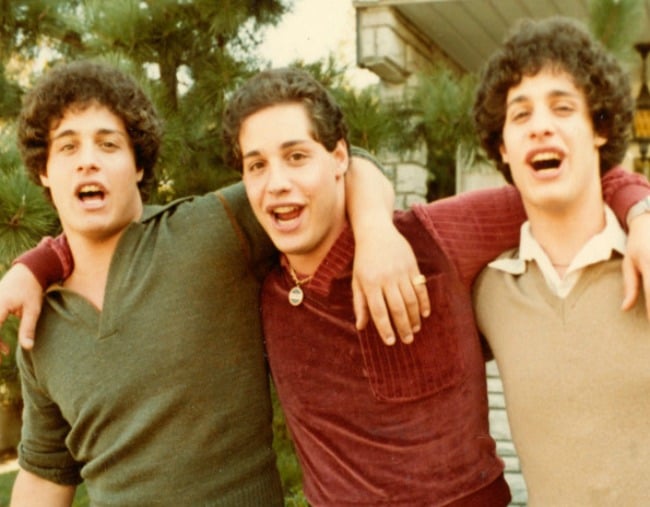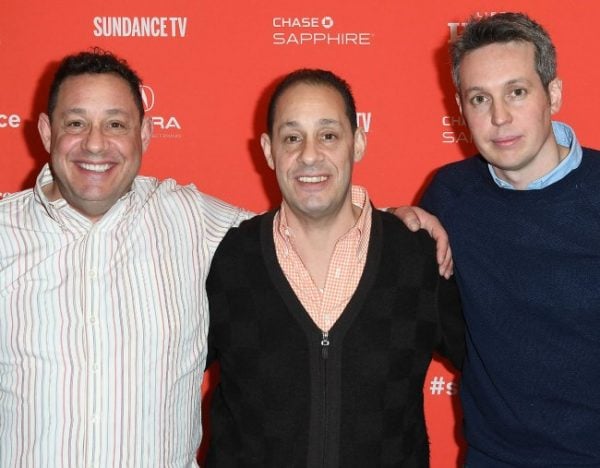
Content warning: This article deals with suicide and may be triggering for some readers.
When Bobby Shafran was 19, he turned up for his first day at Sullivan County Community College in New York. That was when his life started getting weird. Other students were acting like they knew him.
“Guys were slapping me on the back and girls were hugging and kissing me,” Shafran told People in a 1980 interview.
One other weird thing: everyone was calling him Eddy.
It didn’t take long for another student, Michael Domnitz, to solve the mystery. Domnitz’s best friend, Eddy Galland, had just transferred to another college. Domnitz asked Shafran if he was adopted, and if so, what was his date of birth. It was July 12, 1961 – the same date as Galland.
Shafran phoned Galland, and they immediately arranged a meeting. It turned out that their similarities went far beyond their looks. Their laughs sounded the same. They had the same IQ (148). They both told stories of losing their virginity when they were 12.
The story of Shafran and Galland’s reunion made the local newspaper.
David Kellman, a 19-year-old student at another New York college, saw two faces that looked just like his staring out from the front page.
He called the Gallands.
“You’re not going to believe this…” he began.
The three discovered more similarities. They all loved Italian food, even though they had been brought up in Jewish families. They smoked the same brand of cigarettes. They were all attracted to older women.



Top Comments
If Eddy took part in a murder, I'm sure that ate away at him through the years. That had to play a big part in his suicide.
That is so outrageously cruel. As a parent of multiples (twins), my kids are absolute best frenemies, I still find them asleep in bed together at age 4 - and even when they are brawling and I arrange separate activities for some time apart they always look horrified and say they want to be together. Those boys were robbed of their rightful sibling experience - shame on the adoption agency and shame on the shrinks for treating them like guinea pigs.